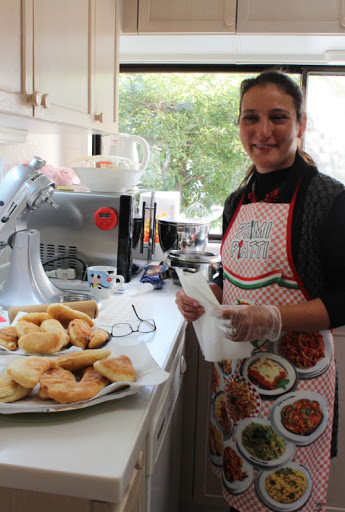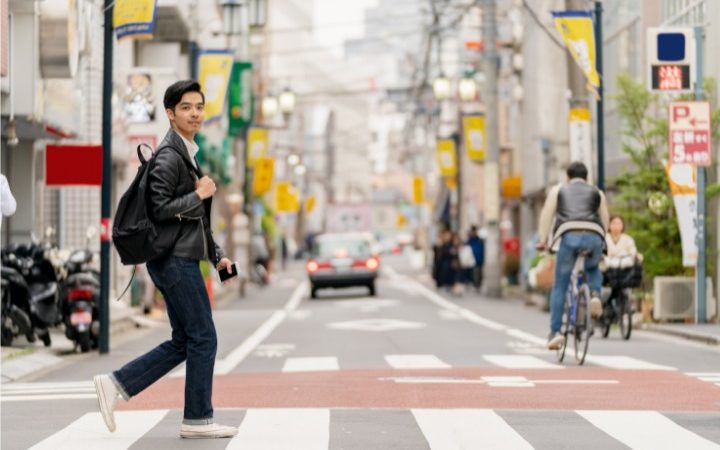What is a Freeter in Japan?
If you are working a part time job, you might see some of your colleague who is working, as part time but he or she is not going to school. Usually in Japan, we call those people Freeter.
Though this passage, you will understand more about the nature of Freeter, and the situation they are placed in today’s society. In order to understand more about the Japanese culture and society, Freeter is one of the important aspect of Japanese culture. In this passage, the clear definition of Freeter, the difficulty they are facing, and how should you, as a part time worker treat a Freeter, as talking about people’s background is very sensitive in Japan.
Freeter is a Japanese expression to define people who lack full-time employment or are unemployed. It refers to people who do not start a career after high school or university, but instead earn money from low-skilled and low-paid jobs.
The word freeter is a combination of the English word ‘free’ and the German word arbeiter, which means worker. This word originally means young people who deliberately chose not to become salary-men (official worker), even though they had the choice to work at that time.
Where do the Freeter Work?
Freeters earn around 1000 to 1400 yen per hour at convenience store, so called family restaurants(budget restaurants) and clothing shops and they are employed as sales people, life guards and warehouse workers. Many freeters want jobs that are flexible, give them free time and not too demanding and allow them to wear whatever as they want.
What are the Main Types of Freeter?
There are three types of freeter in Japan; the moratorium type,the dream pusuing type and the no alternative type. Let me briefly explain what thse types are.
The moratorium type of freeter wants to enjoy life, and deliberately chooses not to join the uncomfortable environment of Japan. The majority of the freeter fit into this type.
The dream pursuing type has specific dreams incompatible with a standard Japanese career. There are people who are dreaming of becoming actors and actresses, and even TV stars. I have seen a person who is in her early30s wanting to become an idol!
The no alternative type could not find a decent job before high school or university graduation in the system called ‘simultaneous recruiting of new graduates, which is a unique aspect of Japanese society. ‘Simultaneous recruiting of new graduates’ is the hiring practice that companies hire new graduates all at once and employs them. Those people who are left behind by such system are forced to take a low paying job. Those who have dropped out of high school usually fit into this type as they usually have the worst prospects.
I think you have understood people become a freeter for various reasons. So, what does it mean to be a freeter for them? What difficulties do they face? In the following part, I am going to talk about the possible issue Freeter face.
What Difficulties Do They Face?
1. Difficulties starting their own household
In Japan, parents usually do not force their children out of house. As a result, many freeters live for free with their parents as parasite singles. Parasite Single is a word to describe people who lives with their parents beyond there late 20s or early 30s in order to get a much more comfortable life. As freeters can only find low-paid jobs, some of them do not want to face the competition of the outside world, and in extreme situation, try to not leave their parents’ house. And when their parents die, they have to bear the costs of ownership.
2. Difficulties starting a career
Starting a career becomes more difficult the longer somebody is a freeter. It is because as Japanese companies prefer to hire new workers, it is difficult to start a career for freeter. While the employment situation is changing, large traditional companies still prefer to hire people who are able to provide a longer period of service.
3. Health and pension insurance
Part-time jobs usually do not include any health or retirement benefits. Freeter’s low income makes payment of medical expenses onerous.
The Japanese pension system is also one big problem for the freeters, as the Japanese pension system is based on the number of years a person has paid into the system. Usually freeter has little or even zero pension insurance or savings. Therefore, many freeters have to work beyond their usual retirement age.
How to Talk to Freeter in Your Workplace?
Even if you have known what a Freeter is, you do not need to change the way you treat them. However, as freeter is living a life that is derived from the standard of the major Japanese society, it is considered as a sensitive topic to talk about in Japan. When your are not sure about the background of your colleague, and he or she does not seem to go to any college, you have to be careful when you want to ask about his or her background.
Also, from my personal experience, the freeters tend to seek a place of belonging in their workplace. Therefore, sometimes they will treat the part-time workers (especially foreign workers) harshly. They tend to be very strict about the rules. Therefore, when you are working in a baito, bare in mind that there are people who might be very strict to you!
I believe after reading the passage, you have greater understanding towards the nature of freeter in Japan. In this competitive society, the people who are left behind by the majority or trying to pursue their own dream have became one of the freeter in today’s Japanese society. After reading my passage, hope you have acknowledged more background about them. Once you have understood more about the nature of Freeter, you would be more familiar with the Japanese culture!
Shun
Japan
Do you like cooking?
And would you like to teach your country cooking to people around the world at home?
Well, let Guidable Jobs help you! Just click here and apply for this job!
Of course, you may search for more job information on Guidable Jobs.






